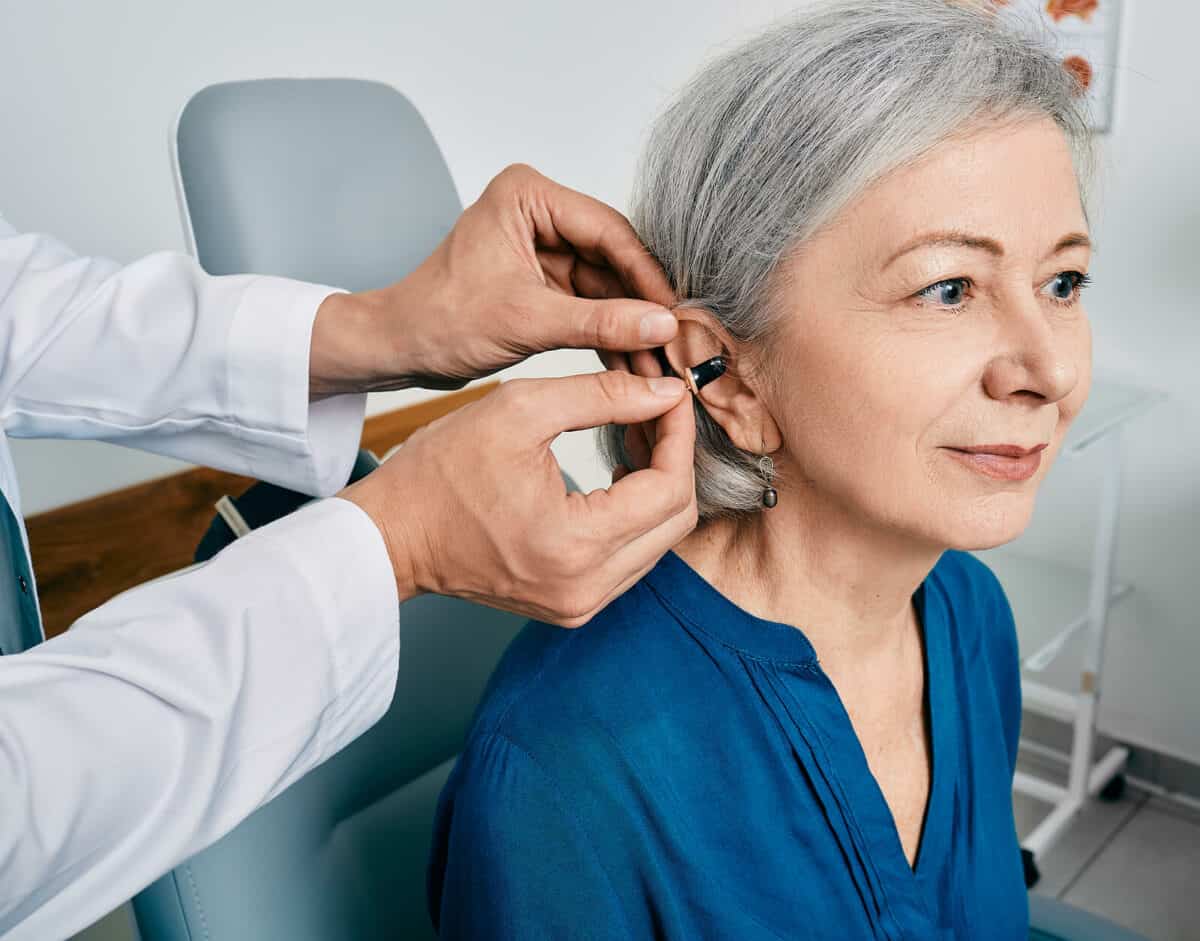- Can Swimming With Hearing Aids Be Safe? - May 7, 2025
- Why Hydration Matters for Hearing Health - April 9, 2025
- Ensuring Safe Travels with Hearing Aids - March 7, 2025
It is American Diabetes Awareness Month
Did you know about the connections between diabetes and hearing loss? One recent study has proven the link conclusively. Over 12% of all adult Americans have diabetes—over 37 million people—and they are twice as likely to live with hearing loss. Another 88 million Americans are pre-diabetic, meaning that they will have diabetes within a decade if they do not modify their lifestyles to avoid it. And these people are 30% more likely to have hearing loss.
The American Diabetes Association recognizes every November as American Diabetes Month and uses it as an occasion to spread the word on what exactly diabetes is, the many ways it may affect people and the many preventative measures that can be taken to minimize its toll. There is no cure for diabetes, but with proper management it does not have to dictate our lives.
Diabetes and Hearing Loss
According to The Center for Disease Control hearing difficulties affect 13% of the American population and the likelihood increases with age. Almost 27% of people aged 65 and over are impacted and among those aged 75 and older the percentage hit by disabling hearing loss leaps to a whopping 50%.
There are innumerable potential causes for this, but all of them come down to damage to the workings within your inner ear, either the infinitesimal hairs or the ear drum that these hairs vibrate against.
This can be the result of just common degeneration over time or habitual exposure to potentially dangerous sound levels. But one thing that is becoming more clear is that among the many Americans suffering from wither diabetes or hearing loss, many are experiencing both.
The exact cause for this correlation is not known for sure yet. Diabetes most often injures the kidneys, eyes, heart, and nerves. But it now seems elevated blood glucose levels cause hearing loss by damaging the auditory nerves. The nerves of the central auditory pathway degenerate over time. The heightened blood glucose levels also injure and even break the tiny blood vessels of the inner ear. This makes blood flow to that part of the ear difficult, impacting your ability to hear.
Take Action Today
If you know that you are at risk, take action today. Hearing loss can often be difficult to recognize becomes it emerges so slowly. This is why professional hearing assessments administered by a trained specialists are so vital. You may not pick up on the fact that you have been incrementally turning up the volume on your television one click at a time over the course of a year, but the objective standards of a hearing test will show you the exact degrees of change that you have undergone. Many people depend on reading lips when talking to people in environments with background noise and never even realize that they are doing so. This might seem harmless enough at first, nothing more than minor inconveniences prompting minor adaptations. There are obviously social and professional risks, but they seem manageable.
But it is not uncommon to fall into the slippery slope of psychological and emotional consequences of this course of non-action without even noticing that it is happening. Communicating in spaces with background noise or with more than one person at a time can often be exhausting for anyone with hearing troubles. If it does not consciously occur to them that they are having difficulty hearing, it might be nothing more than subconscious instinct to withdraw socially. Socializing becomes not worth the exhaustion that comes with it. This social isolation leads to loneliness, which slips into depression. Depression flips opens the pandora’s box of disorientation and cognitive decline, compromising one’s fundamental quality of life issues.
There is currently no cure for either diabetes or for hearing loss. Both are more common than many people likely assume because both are invisible disabilities, not apparent to the naked eye. Both have potentially tragic consequences when they are not faced with the adequate level of seriousness and both unravel into all kinds of complications. But being as common as they both are, there are communities that present loads of options for managing each. Don’t put it off another day. Talk to one of our trained specialists today to make sure that you nip anything in the bud that threatens to potentially dull your quality of life.

